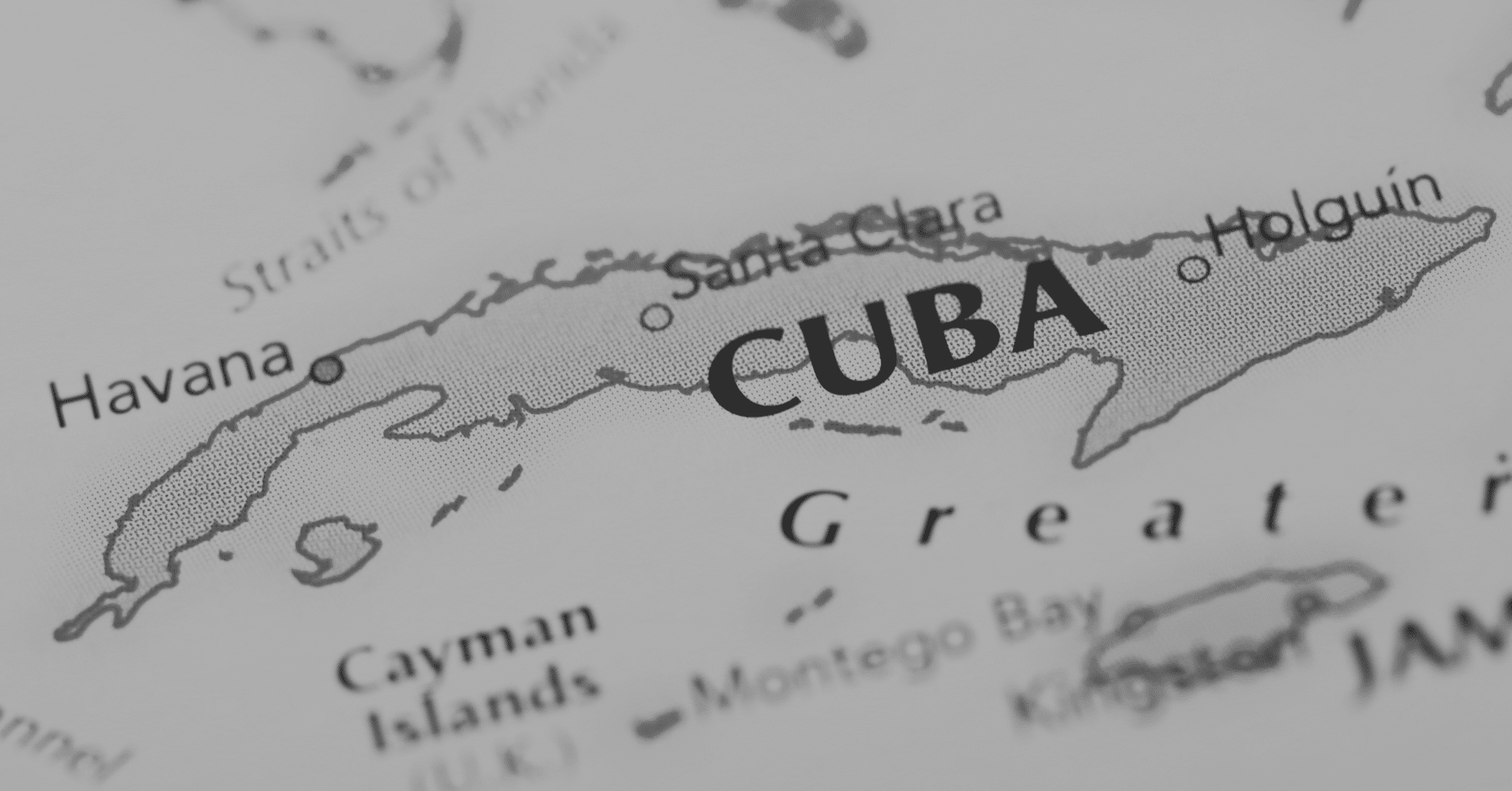A Silent Cry for the Victims of Castro

If any event exemplifies the perverse essence of the Castro brothers’ gangster regime, the sinking of the “13 de Marzo” tugboat in July 1994 would undoubtedly be one of the most infamous, despite the long list of crimes committed by Cuba’s communist dictatorship.
In the early morning of July 13, 1994, 68 Cubans attempted to flee the island by boarding the “13 de Marzo” tugboat in Havana’s harbor. The mission was carried out by the vessel’s own crew, who methodically prepared and fully agreed on the escape plans for themselves, their families, and friends.
As the group set sail, they were immediately pursued by two regime vessels that began to ram the “13 de Marzo.” According to eyewitness accounts, high pressure water cannons were then used to sweep overboard women and children pleading from the deck for their attackers to stop.
It is clear that the regime’s objective was to sink the vessel and kill its occupants. They succeeded when the tugboat capsized, its holds flooded by the water sprayed from the cannons. The remaining passengers were quickly swallowed into the depths of the Florida Straits as the vessel sank just seven miles from Havana’s harbor.
In total, 37 people were killed, including 10 children and nine teenagers. Helen Martínez Enríquez, who was only six months old, was the youngest victim. 31 people survived, but they were never able to recover from the harrowing trauma.
This brutal crime was executed with total impunity by “volunteers,” as Oswaldo Payá Sardiñas, leader of the Cuban opposition Christian Liberation Movement, described the pilots of state tugboats that sunk the “13 de Marzo” amidst the indifference of the Cuban coast guard. In the aftermath, Fidel Castro publicly supported the culprits and even decorated them for their actions.
Payá, who would later be murdered by the regime’s political police on a road in eastern Cuba along with young activist Harold Cepero on July 22, 2012, drew a parallel between the cruelty and mercilessness of Fidel Castro’s most ardent supporters and those peninsular and Creole individuals during the Spanish colonial era who committed atrocities against the Cuban people in the name of the Crown without consequences.
The Castro regime’s malice arrogance, and cowardice on July 13 was, unfortunately, not unprecedented. If anything, the Cuban communist system has maintained its disregard for human life over the last 65 years. In 1962, during the Barlovento massacre, 20 people were arrested and six were killed while attempting to escape Havana. In 1980, a boat fleeing the island was strafed with machine gun fire, killing 53 people, including children, in what became known as the massacre of Río Canímar. In October 2022, the Cuban coast guard sank a vessel attempting to rescue relatives from the island, killing seven Cubans, including a two-year-old girl.
Decades after the sinking of the “13 de Marzo,” the Cuban Communist regime and the mafia-like clan that administers it remain in power, free from the consequences of these crimes, while they continue to violently oppress the Cuban people and prevent them from exercising their rights. The deaths of Orlando Zapata Tamayo in 2010 and Oswaldo Payá and Harold Cepero in 2012 also remain unpunished. Meanwhile, 1,100 Cubans are currently held as political prisoners on the island, and more than half a million Cubans have fled in the last two years alone.
All of this occurs while the Cuban people continue to demand their rights and the world turns a blind eye to their plight in order to maintain the status quo and relationships with the mafia that mismanages Cuba.
Therefore, we urge people of good faith who stand in solidarity with the Cuban people to sign the petition to expel Cuba from the UN Human Rights Council and to observe 13 minutes of silence, a silent accusatory cry, for the victims of the “13 de Marzo” tugboat massacre on Saturday, July 13, at noon, record it, and post it on social media.
Regis Iglesias Ramírez is the spokesperson for the Christian Liberation Movement. John J. Suárez is the Executive Director of the Center for a Free Cuba. All opinions are those of the author and do not necessarily represent the position or views of the institutions they represent or VOC.

